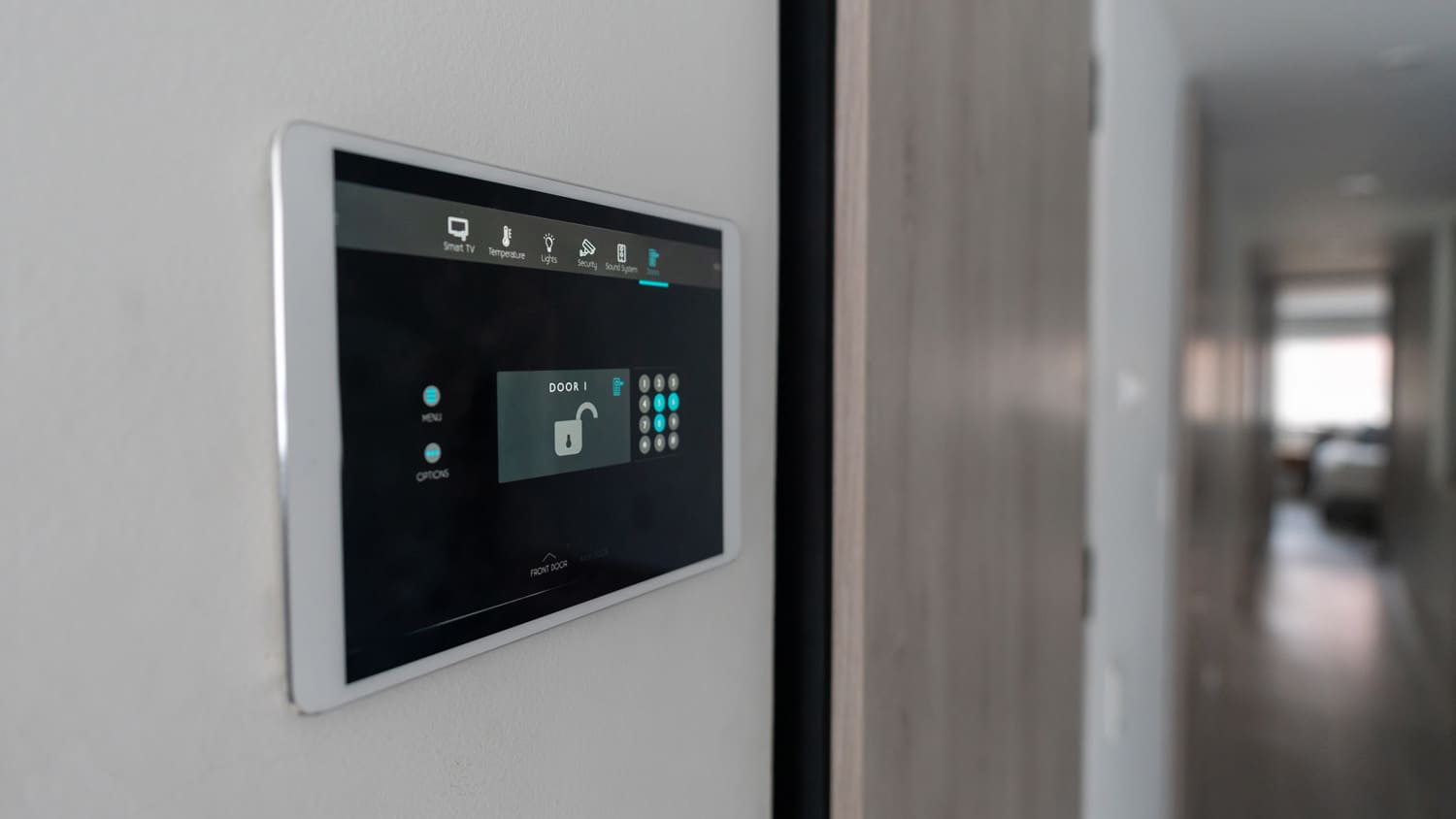
Wondering who installs home security systems? Learn when to hire a home security pro, other options, installation steps, and costs.



From average costs to expert advice, get all the answers you need to get your job done.

Wondering who installs home security systems? Learn when to hire a home security pro, other options, installation steps, and costs.

Find out who installs home automation systems, when to hire a smart home specialist, and what installation costs and options look like.

HomeAdvisor's Electric Blinds Cost Guide explores the price of electric blinds based on the power source and smart capabilities. Find out motorized blinds cost factors.

HomeAdvisor's Alarm and Security System Cost Guide gives you the price to fix your home security system. Find average maintenance costs and professional repair service rates.

HomeAdvisor's Smart Home Cost Guide explores prices to automate your house. Compare costs for full home systems vs. individual components.

Learn how camera type, quality, features, and other factors influence the total cost of security camera installation with our cost guide.